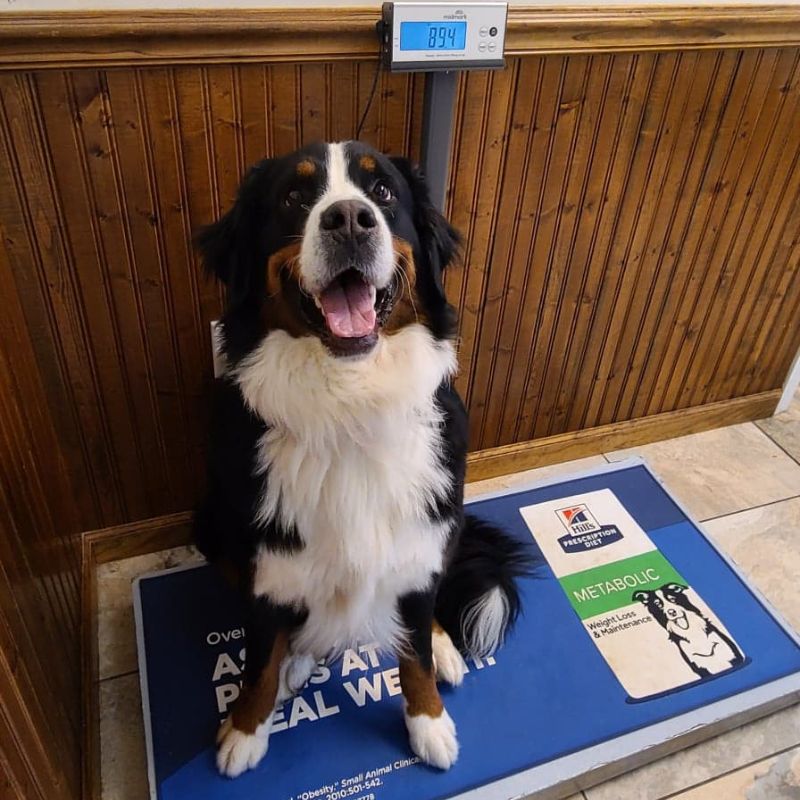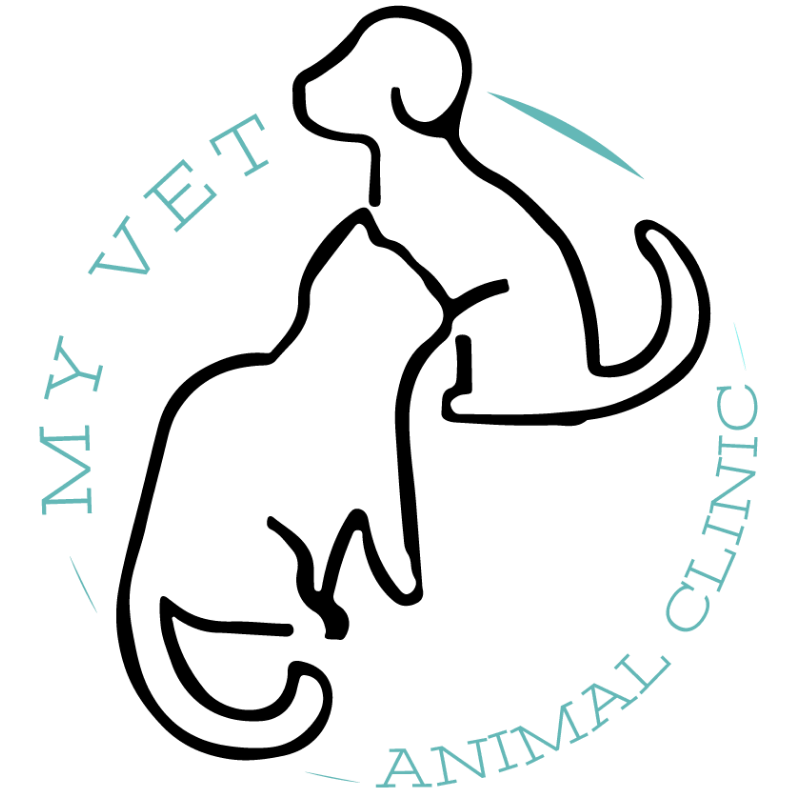Compassion
Pet Clinical Exams
At My Vet Animal Clinic, we clinical exam visits to help keep your pet happy and healthy through all of their life stages.


When your pet receives a complete physical exam from one of our doctors, they will be looking your pet over from head to tail, literally.
- The doctor usually begins by auscultating the heart and lungs. They will be listening for abnormal heart sounds or rhythms and evaluate the lung fields by listening to breaths.
- Next, they will palpate your pet’s abdomen, gently feeling their internal organs for any abnormalities.
- Then they look at the skin, hair coat, and anal/genital area. They also examine the ears and eyes with specialized scopes.
- Finally, they check the mouth and teeth to assess your pet’s oral health, including any indications of periodontal disease.
- We typically also obtain vitals such as current weight, body temperature, heart rate, and respiratory rate while pairing everything with a thorough history from you.
- Sometimes something as simple as weighing a pet turns out to be a critical diagnostic tool.
Since our pets cannot talk and therefore cannot tell us why they are feeling bad, a physical examination is a vital part of diagnosing illness. A poor-quality hair coat can lead us in the direction of endocrine disorders. Painful abdominal palpations can mean anything from simple gastrointestinal upset to serious spinal pain, and a thorough eye examination could lead us to uncover ocular changes that indicate something like high blood pressure.
Many of these above discoveries often go unnoticed by you, the pet parent, because our animals instinctively hide their problems. Keeping in mind how our pets age quicker than we do, even yearly examinations for your pet can be like humans only seeing the doctor every five to eight years. This is why we encourage at least an annual examination for your pet. Finding issues early on is the key to preventing or slowing the progression of disease.
